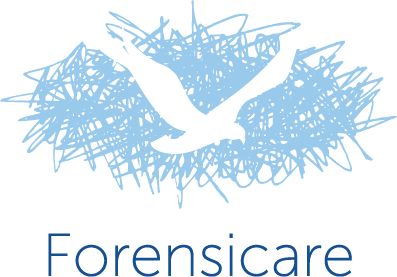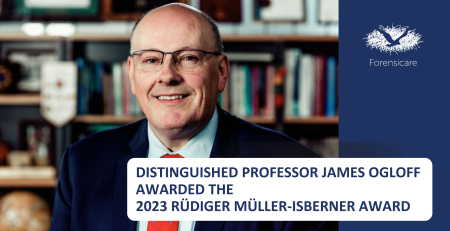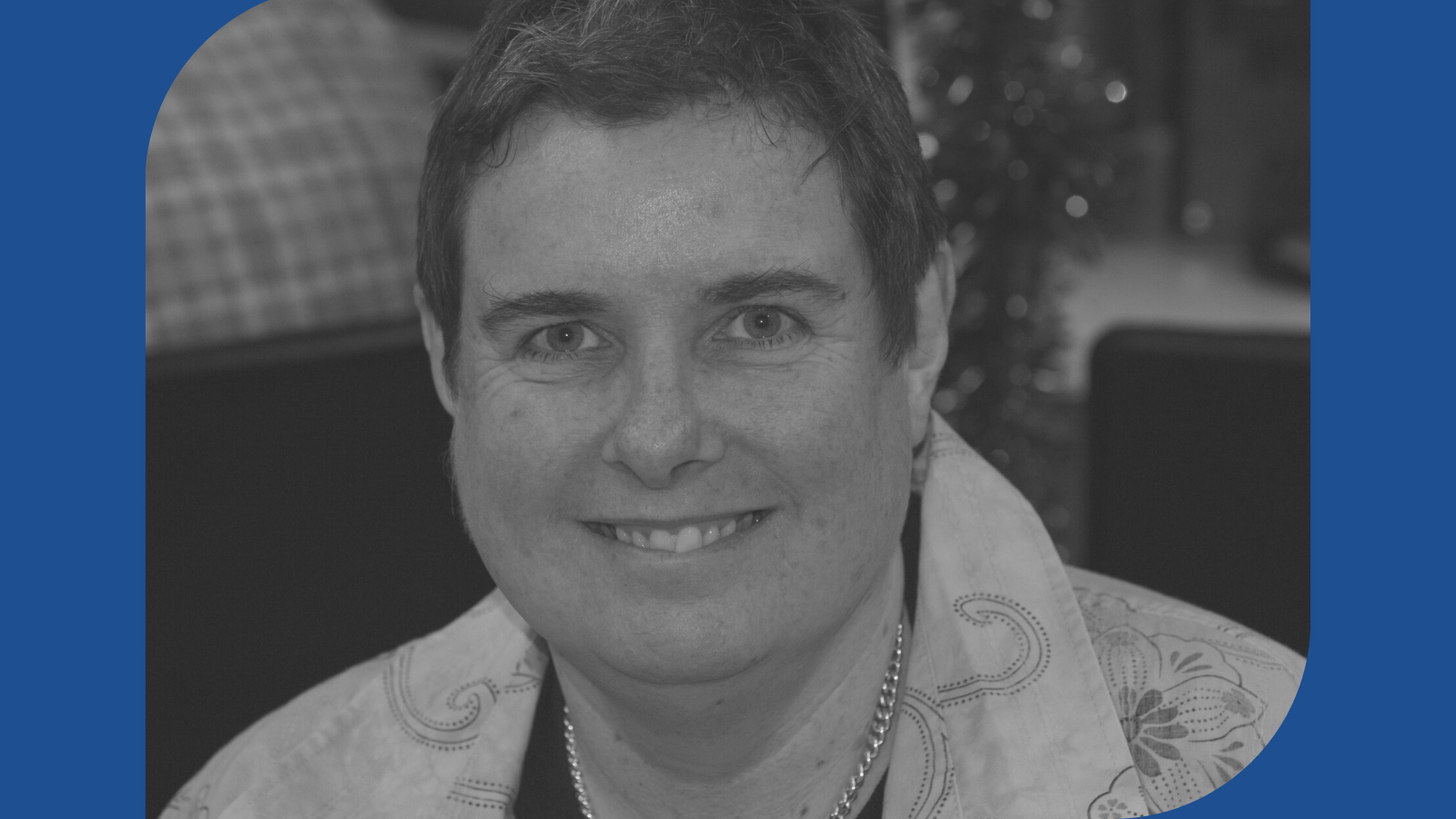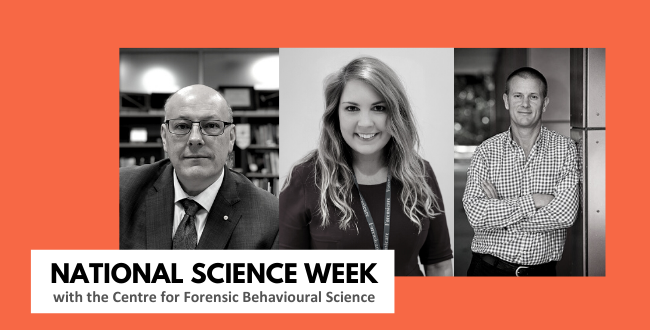Forensicare and CFBS win ACHS Quality Improvement Award
Find out more about this exciting news!
Forensicare and the Centre for Forensic Behavioural Science (CFBS) have won the Clinical Excellence and Patient Safety category at the ACHS 23rd Annual Quality Improvement Awards.
These national awards acknowledge healthcare organisations that show excellence and innovation in clinical care, organisation-wide practice, service delivery and performance measurement. They are an opportunity to share patient-focused innovation and quality improvement achievements with the rest of the healthcare industry.
The eDASA+APP
Forensicare and the CFBS have won this prize for quality improvements achieved following the development and implementation of the eDASA+APP — an electronic instrument and clinical decision support system designed to assess imminent aggression and structure nursing interventions. The team developed it to reduce aggression and the use of restrictive interventions.
“This win is fantastic news for Forensicare,” said CEO Dr Margaret Grigg.
“Everyone should be safe in a hospital. Addressing occupational violence is one of our most important priorities.”
“The eDASA+APP is a brilliant innovation which has seen our clinical teams increase the use of preventative interventions while also reducing the use of seclusion, restrictions and medication.”
“The success of this work highlights the importance of conducting practical and collaborative research. As a result, I feel optimistic that we will continue to see positive improvements in our workplace.”
“It is really wonderful to see this innovation recognised on a national level. Congratulations to everyone who has been involved.”
Making staff and consumers safer
The team created the eDASA+APP because staff and consumers wanted to feel safer at Thomas Embling Hospital. It helps staff increase their use of early intervention techniques such as distraction, reassurance and talk down (or de-escalation).
“We are absolutely delighted to receive this award,” said Dr Tessa Maguire, who led the research study.
“It was a very rewarding experience to be part of a multi-disciplinary collaboration to develop and test the eDASA+APP. This project has signalled an important step in mental health nursing intervention, which is really exciting.”
Increasing the use of nursing interventions
The results show that using the eDASA+APP saw a reduction in the use of seclusion from 22.3 to 16.2 episodes per 1000 occupied bed days.
“What was particularly fantastic to see in the trial on Argyle and Atherton units was the huge increase in the use of interventions, such as de-escalation reassurance and distraction techniques. Overall, there was a 43% reduction in all types of aggression,” said Dr Tessa Maguire.
Now, the team are continuing to review and refine this work. They may also support other local, national and international forensic mental health servicesto reduce aggression – particularly those who already use the DASA and DASA:YV.
“I hope that this research work, along with a range of other initiatives – such as our new Critical Incident Support team – will continue to ensure that everyone is safe in Forensicare’s services,” said CEO Margaret Grigg.
“We remain committed to working collaboratively with staff and consumers to continuously improve the safety of our workplaces. We also place great importance on supporting staff involved in incidents of violence and aggression.”
With thanks
Thank you to all the people involved in this project: Dr Tessa Maguire, Dr Jessica Griffith, Professor Michael Daffern, Distinguished Professor James Ogloff, Professor Brian McKenna, Chris Guest and Jo Ryan.
The team would also like to acknowledge Lindy Bennett for her contribution and support for this project; Associate Professor Stuart Lee for his assistance with the application; and Dr Margaret Grigg for ongoing support and leadership.
Finally, thank you to the staff and consumers at Thomas Embling Hospital. We appreciate your willingness to be involved in this project, and your commitment to quality improvement!
